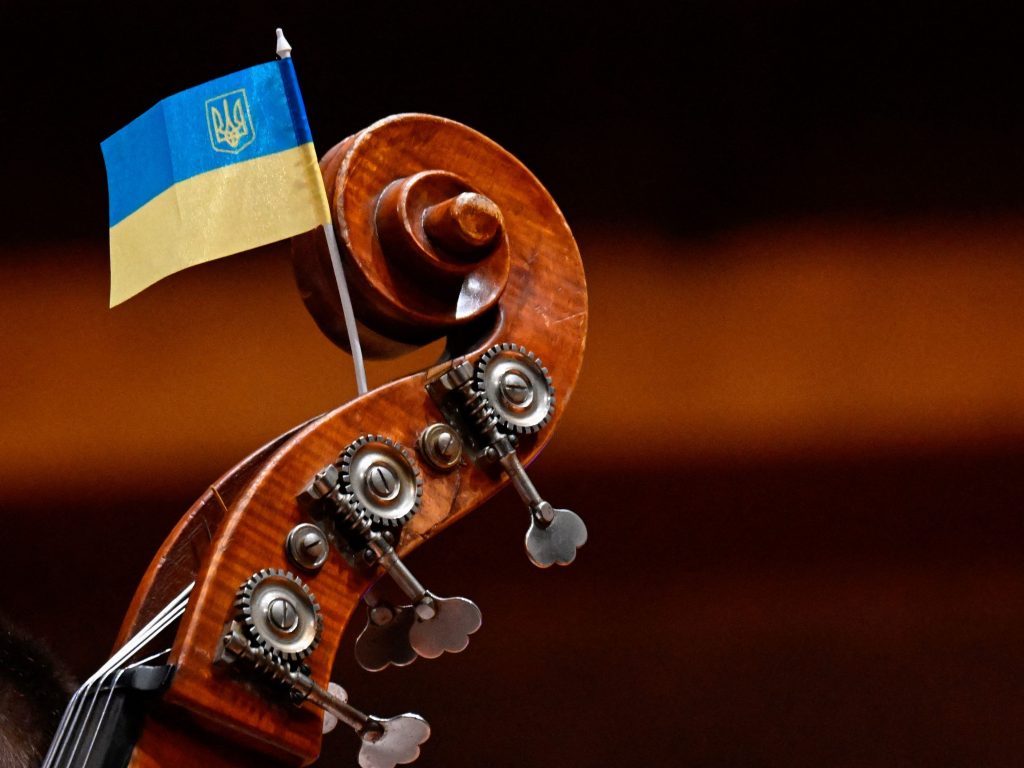- Ukraine's parliament passed two laws on Sunday that will ban some Russian music and books.
- Music created or performed by some Russian citizens will be banned in media and public spaces.
- But it said Russian artists can apply for an exemption by declaring their support for Ukraine in the war.
Ukraine's parliament on Sunday passed two laws that will restrict Russian cultural influence in the country amid the invasion.
The bills will ban certain books from Russia, its ally Belarus, and occupied Ukrainian territories, as well as prohibit the playing and performance of music by some Russian artists in media and public spaces.
The bills still need to be signed by Ukrainian President Volodymyr Zelenskyy to become law. There is no indication that he opposes either of them, Reuters reported.
The first bill bans some Russian music from being played or performed on TV and radio, as well as in schools, hotels, and other public spaces, the BBC reported.
Only music created or performed by those who are or were Russian citizens after 1991 will be banned. 1991 marks the year that Soviet rule in the country collapsed and Ukraine declared independence.
The same bill also prohibits touring with Russian performers and increases the quota for Ukrainian music on radio and television from 35% to 40%, according to Radio Free Europe/Radio Liberty.
But Russian artists who condemn their country's invasion can apply for an exemption to the ban by submitting an application to Ukrainian security services declaring their support for Ukraine's sovereignty, the BBC reported.
According to the bill, the ban aims to "minimize the risks of possible hostile propaganda through music in Ukraine and will increase the volume of national music products in the cultural space," according to the BBC.
The other bill focuses on the banning of the import and distribution of books from Russia, Belarus, and territories of Ukraine occupied by Russia-backed separatists.
The printing of books by Russian authors is also banned unless the authors choose to forgo their Russian passports and become Ukrainian citizens The New York Times reported.
